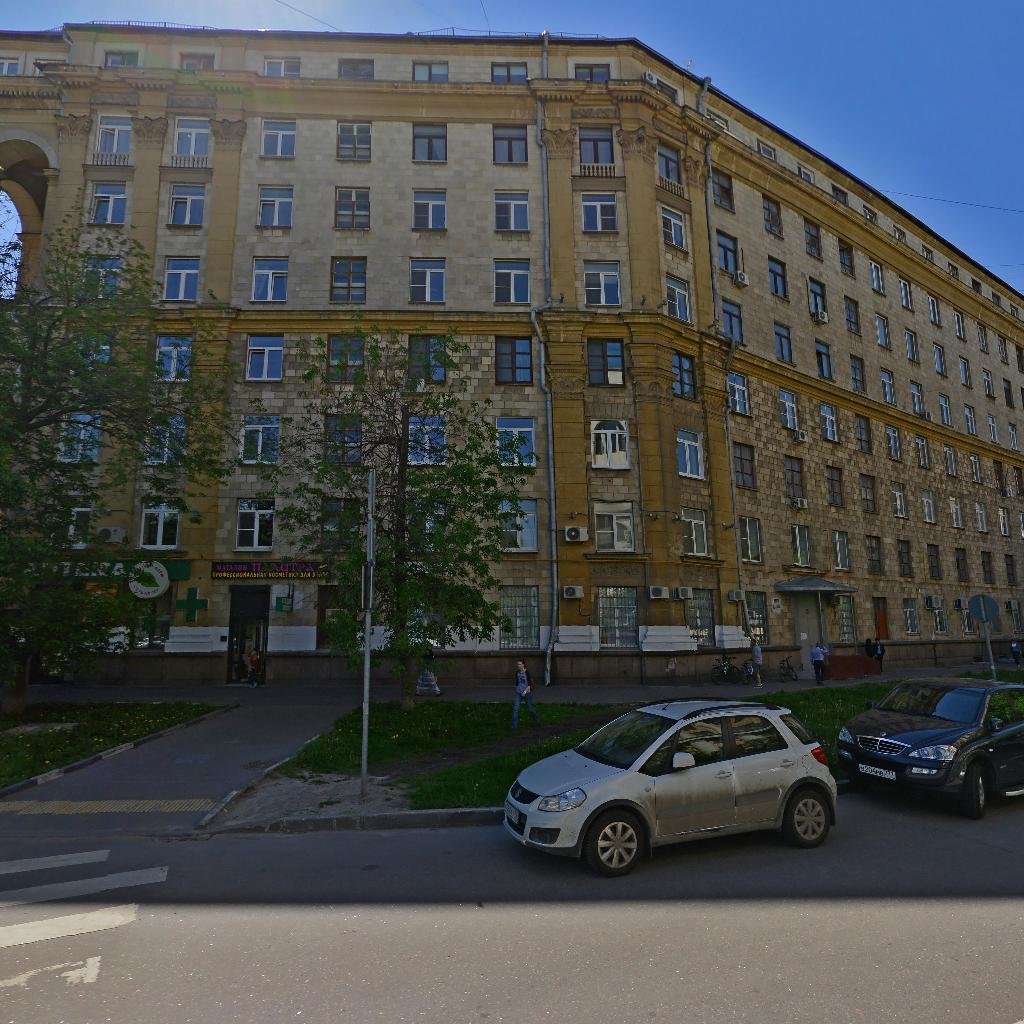Alexander Dmitrievich
Epanchin
1914-1991

Alexander Dmitrievich Epanchin was a Lieutenant General, participant of the Great Patriotic War, Hero of the Soviet Union, participant of the Victory Parade on Red Square in Moscow on June 24, 1945. He was called up to serve in the Workers’ and Peasants’ Red Army in 1931. He graduated from the Moscow Infantry School in 1934. He commanded a platoon and a company of soldiers. He was a commander of the training battalion of the 76th Reserve Rifle Regiment since 1940. He fought on the fronts of the Great Patriotic War from its very beginning. He participated in the Battle for Moscow. On September 11, 1941, the battalion commander captain Epanchin was wounded in the leg. In November 1941, he and his battalion were encircled north-west of the city of Yakhroma, fought for a day in complete encirclement and shackled large enemy forces. Then they managed to escape to their own. In the counteroffensive of the Soviet troops near Moscow, Captain Epanchin commanded the rifle battalion of the 1st Guards Rifle Brigade and was awarded his first combat award – the Order of the Red Banner for personal leadership of the battle for 3 days during the capture of the village of Petushki, during which 15 counterattacks were repulsed and up to 400 enemy soldiers were destroyed. Major Alexander Dmitrievich Epanchin especially distinguished himself during the Rostov operation. In 1943 the regiment under his command broke through the enemy’s defenses, destroyed up to 500 enemy soldiers in 9 days of the offensive, captured 2 anti-tank guns, 2 food warehouses, 4 ammunition depots, machine guns, rifles, etc. Fulfilling the task of facilitating the escape from the encirclement of the 4th Guards Mechanized Corps, the regiment on February 18, 1943 captured an important position near the village of Matveev Kurgan in the Rostov region and held it, repelling continuous attacks by German troops and aviation, until the combat mission was fully completed. During this battle at the height of 105.7, the regiment inflicted heavy losses on the enemy in military equipment and manpower. For this feat, by the Decree of the Presidium of the Supreme Soviet of the USSR dated April 17, 1943, «for the exemplary performance of combat missions of the command at the front of the struggle against the Nazi invaders and the courage and heroism shown at the same time», Guard Major Alexander Dmitrievich Epanchin was awarded the title Hero of the Soviet Union with the award of the Order of Lenin and the Gold Star medal. In 1944 he was appointed commander of the 346th Guards Rifle Regiment. Under his command, the regiment liberated Hungary and Austria, and on May 9 participated in the liberation of Prague. After the end of the war, Epanchin A.D. continued his service in the Soviet Army. He graduated from officer training courses and commanded the Guards rifle regiment for 2 years in 1947,. In 1949-51 he commanded the 106th Guards Airborne Division. In 1953 he graduated from the Military Academy of the General Staff, after which he was transferred by the command to the internal troops. In 1953-1956 he commanded the OMSDON – a Separate motorized rifle division of special Purpose (Separate Operational Division) named after Dzerzhinsky, in 1956-1957 – headed the headquarters of the Main Directorate of the Border and Internal Troops of the USSR Ministry of Internal Affairs. For several months he was the head of the Main Directorate of Internal and Convoy Troops of the Ministry of Internal Affairs of the USSR. In 1957, at his personal request, he was returned to the Soviet Army. He was engaged in military-diplomatic work: he represented the interests of the USSR Ministry of Defense in Germany and India as a military attache. In 1970, Lieutenant-General A. D. Epanchin was dismissed to the reserve. He was awarded the Order of Lenin, the 3rd Order of the Red Banner, the Orders of Kutuzov 2nd degree, Suvorov 3rd degree, Alexander Nevsky, the Patriotic War 1st degree, the Red Star, medals. In honor of the Hero of the Soviet Union Alexander Dmitrievich Epanchin a street in the city of Snezhnoye, Donetsk region has been named. He lived in the house on Viktorenko str., 2/1 from 1956 to 1991.
Address: Moscow, Viktorenko str., 2/1

